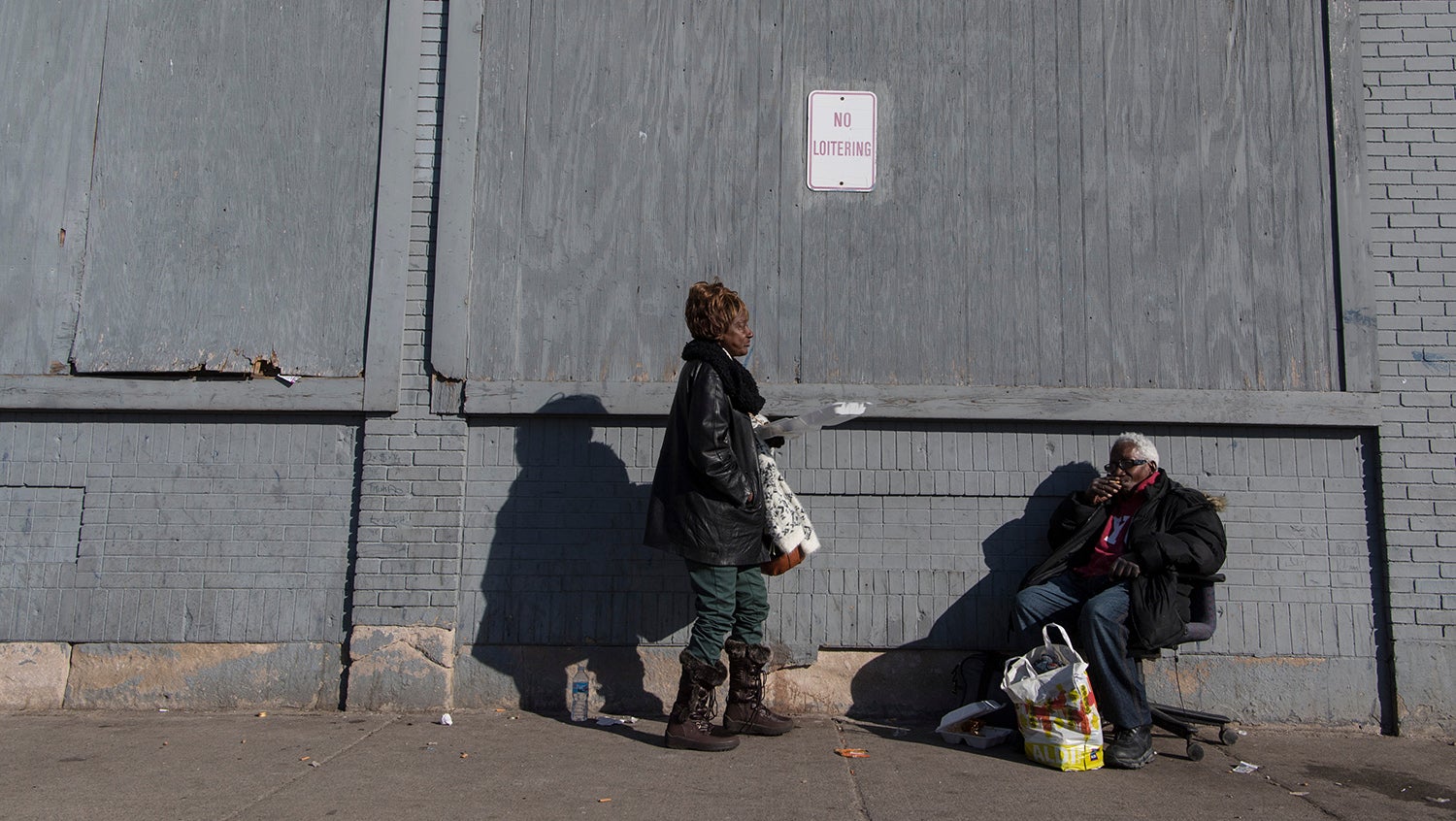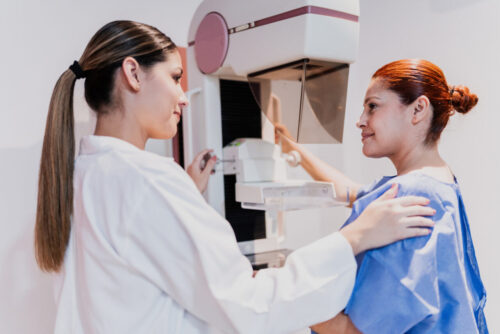Women Experiencing Homelessness Face Significant Delays to Treatment for Breast Cancer
October 25, 2019

Getty Images
In the effort to reduce disparities in breast cancer outcomes, homeless women are still being left behind.
CONTEXT | Breast cancer outcomes are worse among vulnerable patient populations. Receiving treatment within 21 to 60 days after a breast cancer diagnosis is associated with positive outcomes, but social barriers such as homelessness and housing instability put timely care out of reach for many. Breast cancer death rates are nearly twice as high among women who experience homelessness versus those with stable housing, but the reasons why aren’t fully understood.
STUDY OBJECTIVE | Determine the time to chemotherapy or surgical treatment after diagnosis for homeless women with breast cancer, and identify the barriers that contribute to delays.
THE DETAILS | Researchers retrospectively analyzed electronic medical record (EMR) and Boston Medical Center (BMC) cancer registry data of 24 women who were categorized as homeless and treated at BMC for breast cancer between 2000 and 2014. The report classified patients into one of three homelessness subsets — transitional, episodic, and chronic — based on the duration of their homelessness status.
FINDINGS | More than 90% of patients in the sample showed care deferrals of at least 30 days, with the mean time to treatment being 98 days. Women who experienced chronic homelessness faced longer delays than those who experienced transitional or episodic homelessness, and several women faced shifts into a more chronic homeless status after diagnosis. The most common reasons cited for delay were having nowhere to recover after surgery, comorbidities and psychiatric illnesses that interfered with treatment, and concerns about the cost of care.
PULL QUOTE | “Despite literature supporting the positive impact of timely treatment on breast cancer outcomes and documented efforts to improve delays among vulnerable patients, homeless women remain a population for whom this is largely unmet.”
SO WHAT? | Homeless women experience marked delays in breast cancer treatment, which may contributed to the demonstrated worse outcomes for this population. While improvements in linkage to care for vulnerable women has increased overall, the lack of effective intervention for women experiencing homelessness contributes to a widening gap in breast cancer outcomes for vulnerable women.
Source. Festa, K et al. (2019). Breast Cancer Treatment Delays at an Urban Safety Net Hospital Among Women Experiencing Homelessness. Journal of Community Health.



